Bacterial meningitis is a serious infection that can have as a result deafness and brain changes such as epilepsy. It can be transmitted from person to person through droplets of saliva while talking, eating or kissing, for example. Thus, some measures to avoid bacterial meningitis are:
- Wash your hands often, using soap and water, especially after eating, using the bathroom or blowing your nose;
- Avoid contact with patients infected with meningitis for a long time, not touching saliva or respiratory secretions that may be in tissues, for example;
- Do not share objects and food, avoid using the cutlery, dishes or lipsticks of the infected person;
- Boil all foods, as the bacteria responsible for meningitis are eliminated at temperatures above 74ºC;
- Place the forearm in front of the mouth whenever you cough or sneeze;
- Use mask whenever it is necessary to be in contact with an infected patient;
- Avoid going to crowded places, such as shopping malls, cinemas or markets, for example.
In addition, it is recommended to keep the immune system strengthened by having a balanced diet, exercising regularly and getting enough rest. A good tip to strengthen the immune system is to take Echinacea tea every day. This tea can be bought in natural products stores, pharmacies and some supermarkets. Here's how echinacea tea is made.
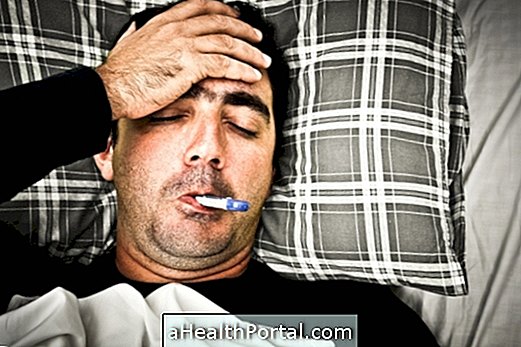
Main symptoms and how to prevent
Bacterial meningitis is a disease caused by bacteria, usually Neisseria meningitidis, Streptococcus pneumoniae, Mycobacterium tuberculosis or Haemophilus influenzae, leading to symptoms such as headache, stiff neck, fever and lack of appetite, vomiting and the presence of red spots on the head. skin. Learn how to identify bacterial meningitis.
The best way to prevent this type of meningitis is through the DTP + Hib (tetravalent) vaccine or H. influenzae type b - Hib vaccine, according to medical advice. However, this vaccine is not 100% effective and also does not protect against all types of meningitis. See which vaccines protect against meningitis.
If a close relative has meningitis, the doctor may recommend that you also take antibiotics like Rifampicin for 2 or 4 days to protect yourself from the disease. This medicine is also recommended to protect the pregnant woman when someone living in the same house she was diagnosed with the disease.
People at greatest risk for meningitis
The risk of catching bacterial meningitis is greatest in infants, the elderly, and people with weakened immune systems, such as patients with HIV or undergoing treatment such as chemotherapy.
Therefore, whenever there is a suspicion that someone may be infected with meningitis, it is recommended to go to the hospital to have a blood test or secretions, to dislodge the disease and to start treatment with antibiotics in the vein, such as Amoxicillin, avoiding the development of bacterial meningitis. See who has the highest risk of getting meningitis.

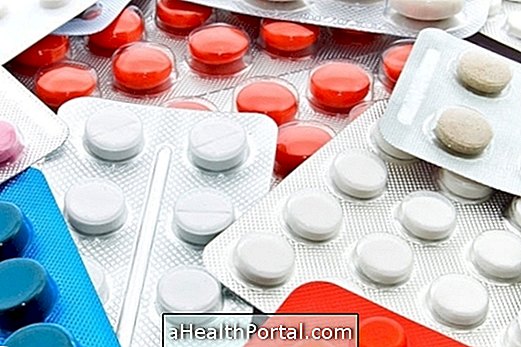
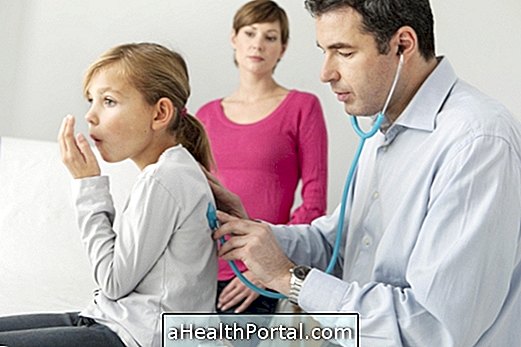
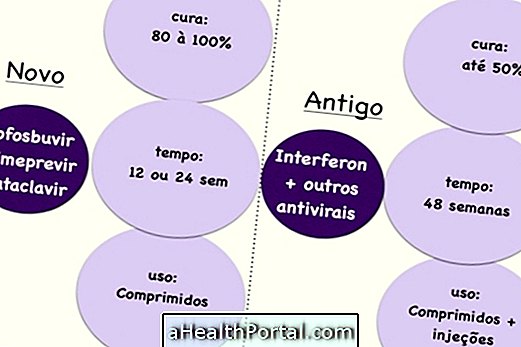
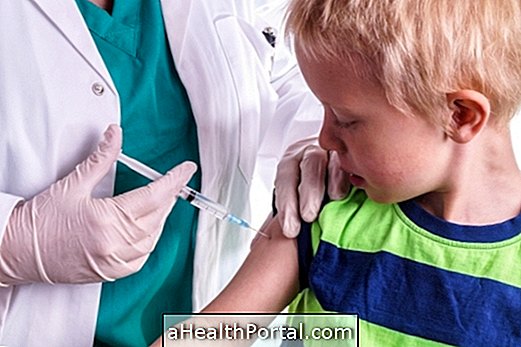
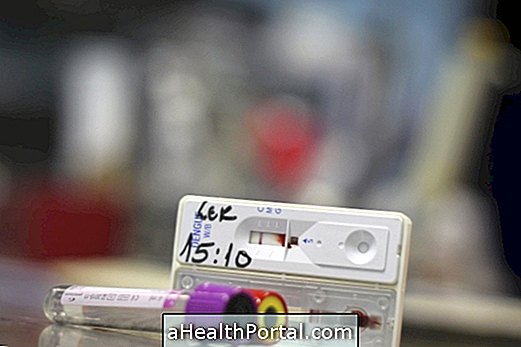




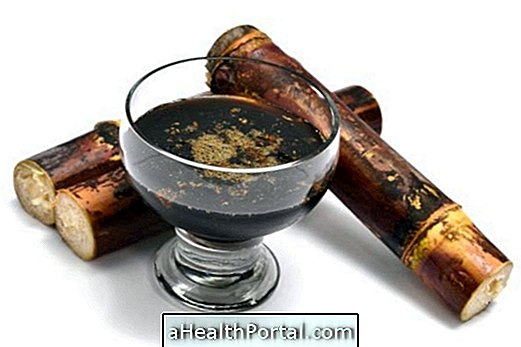
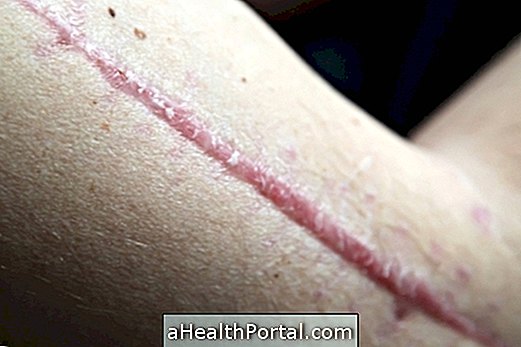
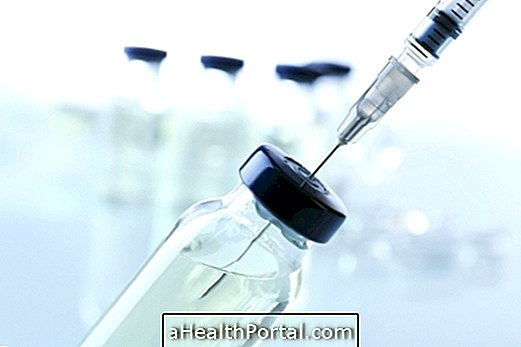
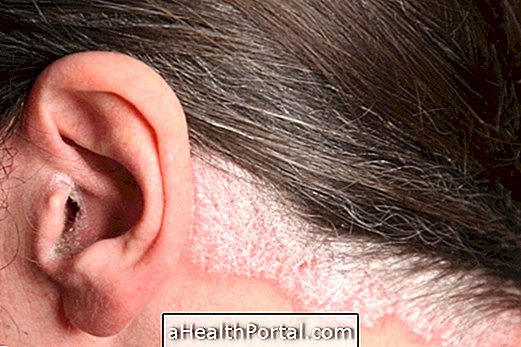

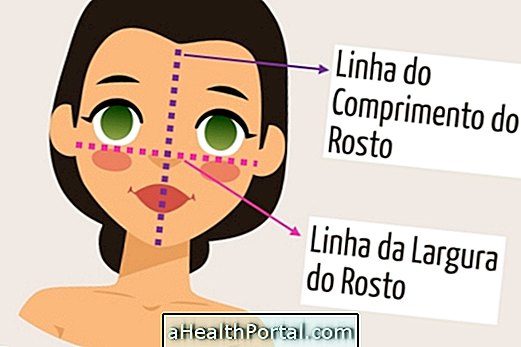

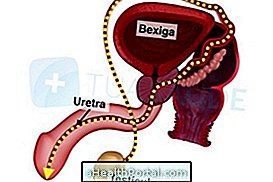


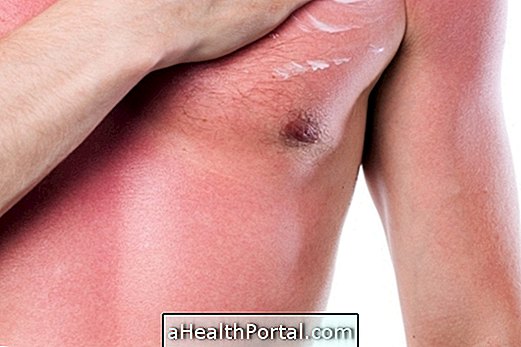
-para-que-serve-e-como--feito.jpg)